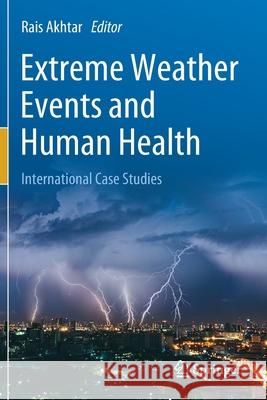Extreme Weather Events and Human Health: International Case Studies » książka
topmenu
Extreme Weather Events and Human Health: International Case Studies
ISBN-13: 9783030237752 / Angielski / Miękka / 2020 / 382 str.
Extreme Weather Events and Human Health: International Case Studies
ISBN-13: 9783030237752 / Angielski / Miękka / 2020 / 382 str.
cena 644,07
(netto: 613,40 VAT: 5%)
Najniższa cena z 30 dni: 616,85
(netto: 613,40 VAT: 5%)
Najniższa cena z 30 dni: 616,85
Termin realizacji zamówienia:
ok. 16-18 dni roboczych.
ok. 16-18 dni roboczych.
Darmowa dostawa!
Kategorie BISAC:
Wydawca:
Springer
Język:
Angielski
ISBN-13:
9783030237752
Rok wydania:
2020
Wydanie:
2020
Ilość stron:
382
Waga:
0.56 kg
Wymiary:
23.39 x 15.6 x 2.08
Oprawa:
Miękka
Wolumenów:
01
Dodatkowe informacje:
Wydanie ilustrowane











